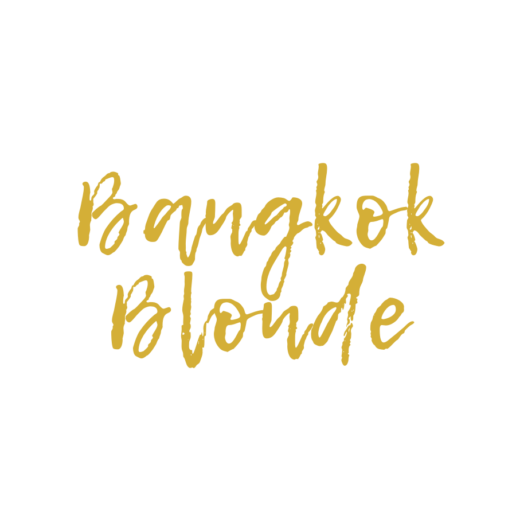All You Need to Know About Thai New Year!

Flowery shirts, water guns, buckets, and pickups splashing water as they pass by, white powder mixed with water smeared over faces and the exciting screams of laughter makes Songkran one of the most exciting holidays in the world! Songkran festival is the traditional Thai New Year’s Day and is celebrated from 13 April to 15 April. But what is the history of this amazing holiday and how did the water fights became the highlight of this three-day-long celebration
History of Songkran Festival
The word ‘Songkran’ is derived from the Sanskrit word ‘samkranti’, which means ‘astrological passage’, i.e. the passage of the sun from one sign of the Zodiac to another. That means there are twelve Songkrans each year, but the significance of this Songkran (sometimes called Major Songkran to distinguish it from the others) is when the sun enters the sign of Aries the Ram. The particular event was also closely related to the Vernal Equinox.
Celebrating New Year at the time of the Vernal Equinox was very common in the past. The Songkran celebration is similar to those of the Indian Holi Festival, the Chinese Ching Ming, and the Christian Festival of Easter. Indeed April Fool’s Day probably originated as mocking those who didn’t accept the switch of New Year from April to January in France in the Sixteenth Century.
The date was originally set by astrological calculations, but it is now fixed on 13 April. The festival may be extended if some of the celebrations fall over a weekend.
In Thailand, New Year is now officially celebrated on January 1, in line with almost all other countries. Songkran was the official New Year until 1888, when it was switched to a fixed date of 1 April. It wasn’t until 1940, that this date was then shifted to 1 January.
Songkran Celebration
The most famous aspect of the Songkran celebrations is the throwing of water. Indeed, Songkran is often known as the Thai Water Festival. The custom originates from spring cleaning aspect of Songkran. Many Thais will cleanse their Buddha icons and statues with fragrant water; this cleansing ritual is to wash away the bad luck of the past year and to bring luck and prosperity for the New Year.
An extension of this cleansing ritual is seen during Songkran celebrations when you’ll see locals splashing water on each other and strangers. This signifies the washing away of the bad luck of the past year and starting the New Year with a fresh, clean slate. It also doesn’t hurt that April is the hottest part of the year in Thailand, so being soaked is a refreshing escape from the heat and humidity.
Nowadays Thais will walk the streets having ‘water fights’ using containers of water or water guns, or stand at the side of roads with a hose and soak any one who passes by.
You may also get covered in Din Sor Pong, a traditional white powder (derived from marly limestone and impure clayey limestone, and produced only in Lopburi province), a custom originating from the powder used by monks to mark blessings. This combination of water and powder is almost identical to the celebrations of Holi, and indeed, it maybe that the customs originated in India as certainly Songkran is celebrated more widely and longer in the Northern part of Thailand.
Even more interesting is that the custom of water fights pops up in a distant place at the same time of year. Dyngus Day is celebrated on Easter Monday in Poland, and on the Monday the custom is that boys get to soak girls with water, but on the Tuesday, the girls get to throw crockery at the boys – again the water and powder combination.
As mentioned, Songkran is a Spring Cleaning Day, both physically and spiritually. On the physical side, in addition to cleaning other customs are that anything old and useless must be thrown away or else it will bring bad luck to the owner. On the spiritual side, some people make New Year resolutions.
Songkran also marks the end of the dry season and the beginning of the rains and holds a lot of importance for the country’s agriculture industry.
Since the water-splashing craze has gotten slightly out of hands in the last years, Thai authorities have been trying to tone it down and promote the old customs that were the origin of the modern-day Songkran as the Thai Water Festival.
In the old days people might sprinkle a bit of scented water over your shoulder and wish you a good new year rather than drench you with a plastic bucket of ice water. But one of the important customs of the festival was to take and occasin to pay respects to family elders and persons of influence worth of respect through the ceremony of Rod Naam Dum Hua, or paying respect through the pouring of Songkran water, scented with dried flowers, cumin and other herbs.
Sources: Songkran Customs Old and New, Songkran Festival in Thailand 2019 (and photo credit), 10 Facts You Need to Know About Songkra
